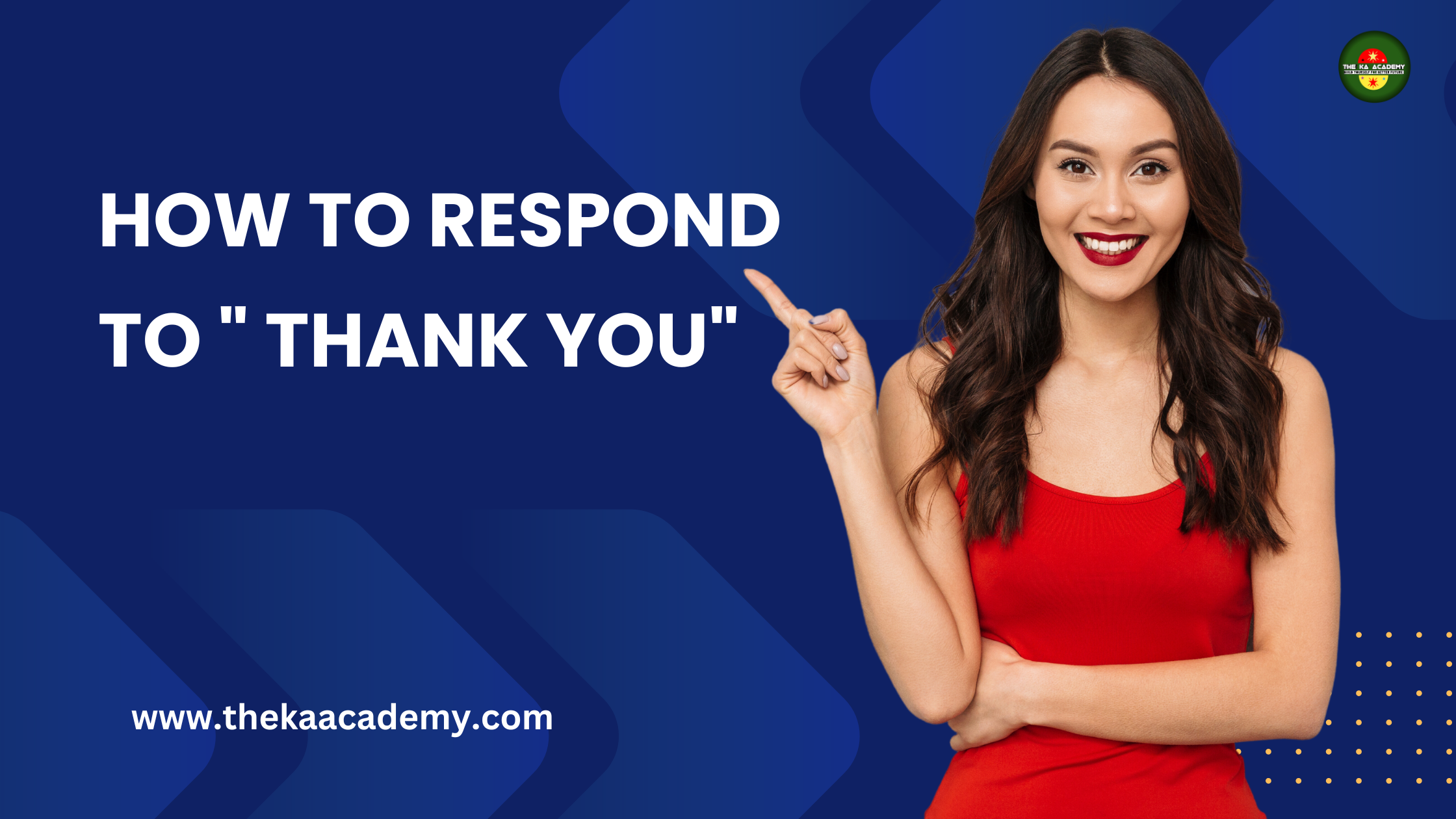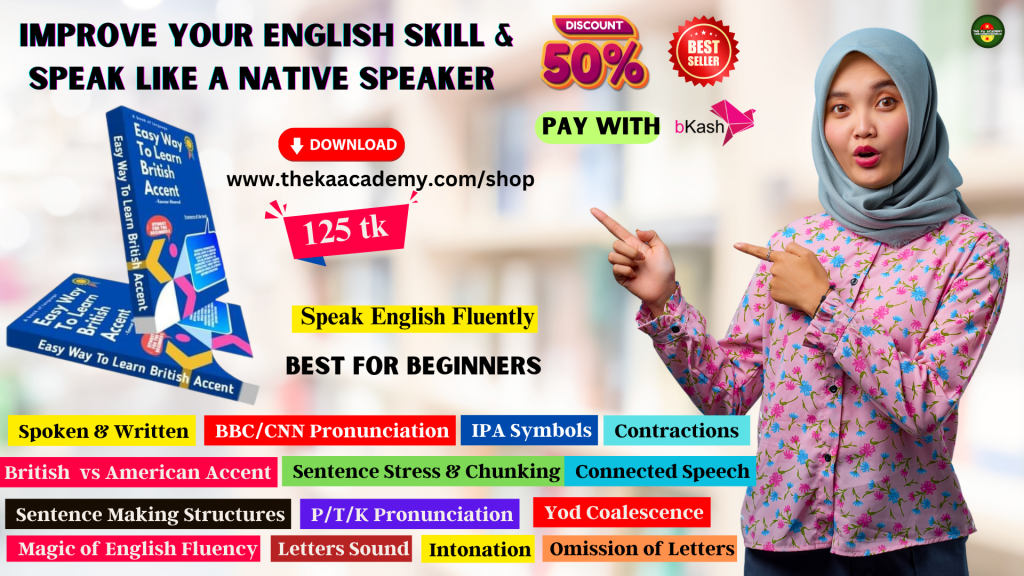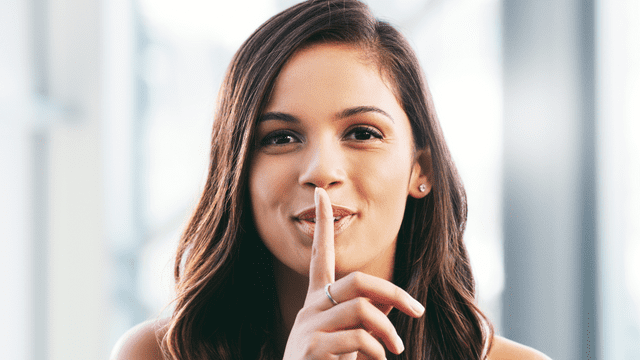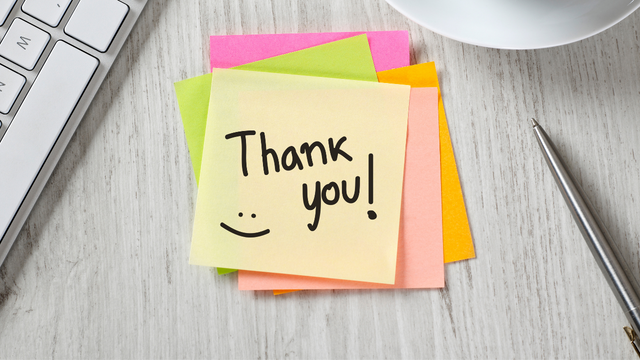
“Thank you” is a simple yet powerful expression of gratitude that transcends cultures and languages. It’s a way to acknowledge and appreciate the kindness, assistance, or gestures of others. Whether in spoken or written form, “thank you” carries with it a sense of warmth, respect, and connection.
Saying “thank you” is not just about politeness; it’s an essential part of building and maintaining relationships. It fosters positivity and goodwill, creating a cycle of positivity that can extend far beyond the initial interaction.
In a world that often moves quickly, taking a moment to say “thank you” demonstrates thoughtfulness and empathy. It acknowledges the effort someone has put in and shows that their actions were noticed and valued. This simple act can brighten someone’s day, encourage a sense of community, and make both the giver and receiver feel appreciated.
So, whether it’s for a small favor, a kind word, a thoughtful gift, or significant support, never underestimate the impact of those two words: “thank you.” They hold the power to uplift, strengthen connections, and make the world a kinder place.

Download our book to speak like a native speaker:Easy Way To Learn British Accent
Probably the most common response to ‘Thanks’ is ‘You’re Welcome’.
And this is how most people reply most of the time.
That said, there are lots of other ways of replying that you may not know, and it would be good for you to know. At least to understand, if not use.
Here are 16 other ways of replying to ‘thank you’, including one at the end of the article that will help you show any British person that you really can control spoken English.
This is the easiest way and very commonly used. It could be used for example if you let a friend use your phone to call someone.
This is a short and easy way to reply especially if what you did was easy and didn’t cause a bother, such as lending someone a pen.
Super short and easy to remember. Again good for simple tasks that didn’t require much effort.
Sometimes people also say ‘Sure thing’, for example you phone someone to see if they are ok, they say ‘thanks’ and you reply ‘sure thing!’
Here you are making it clear that you are happy to help that person again in the future. It doesn’t literally mean they can ask for help at any time, like 3 a.m. in the morning, but the sentiment is there.
This is very common and you are making it clear that the thing you did for the other person wasn’t difficult or bothersome for you.
Some people don’t like this expression because it may suggest that they should worry when asking you to do something.
I have a friend who often replies to my ‘no worries’ by saying, ‘but I am not worried!’
Of course, the expression is really idiomatic, and I don’t think it implies anyone should worry about anything.
This can be used informally and also in more formal, customer service situations.
Some people don’t like it, because it suggests there is a problem, even though we say there isn’t.
So it could be seen as being negative.
Some restaurants train their staff to avoid this expression with customers, so there is no feeling of ‘a problem’ even existing.

In situations where you don’t know the other person very well, or indeed at all, these expressions might be used.
I would say this is a more polite response to ‘thank you’.
It can be seen nowadays as being very formal and say may be used in the workplace more commonly, to keep that level of formality.
A slightly more formal response that is commonly used.
However, some people may not like the expression because they feel it blocks the conversation.
It may sound like you are telling the person you helped that they shouldn’t thank you or you don’t want their thanks.
However, most people do not take this literally, they just use it as an automatic response.
Again, this is slightly more formal and emphasises that the help you gave didn’t put you out or cause you any trouble.
For this reason it’s often used for simple tasks, that really are ‘nothing’ or ‘no bother’.

Sometimes, whether the situation is formal or not, we may want to convey a stronger feeling of being happy to help and accept the other person’s thanks.
When the thing you did to help the other was enjoyable, then you can use this.
A typical example might be when you cook a meal for friends, they say ‘thanks’ and you reply ‘my pleasure’ because it was a pleasure to cook for them.
Similar to the one above this can be used to show that you are happy to help.
Maybe you used your skill or expertise to help someone, such as fixing a plug in the house or showing them how to do something.
This is the same as the one above, as ‘glad’ and ‘pleased’ have more or less the same meaning.
When you want to show that your help was not just something you had to do, but something you were very happy to do, you can use this.
This is often used when you are returning someone a favour; they helped you and now you help them.
This will be used the same way as the phrase above. A common example might be when giving a gift.
One someone receives a gift in Britain, instead of saying ‘Thanks’ they often say, ‘Oh you shouldn’t have!’
The meaning is that it wasn’t actually necessary to buy a gift for them.
Then a common response might be, ‘You’re most welcome’.
This can be used in situations like the one above of giving a gift, or where you feel your help was not enough and you should really do even more to help that person.
For example, the other person has helped you a lot, and so you give them a gift as a way of thanks.
You can use this expression to express the sentiment that your gift is just a small token of your appreciation.
This is unusual and I sometimes use this when engaging with people from cultures where there are more complex expressions to convey formality than in English.
This phrase can capture the idea that you were not only pleased to help the other person, but that it was a responsibility and a privilege.
If I am teaching English to a Chinese doctor to help him or her do their work even more effectively, and they thank me for the class, I may say ‘it’s my honour’.
War veterans may also sometimes say this in reply to a civilian who says, ‘Thank you for your service’.

I was once travelling in Britain with my wife and one evening, we got talking to a Spaniard in a pub.
After a few sentences I told my wife that the Spaniard must have lived a long time in Britain. She asked how I could know that after just hearing a few sentences from him.
I said that when I said ‘Thanks’ to him, he replied ‘That’s quite all right.’
That was a very colloquial expression that not many foreigners know.
It’s a nice one to use, if ever you get a chance to go traveling in Britain.
So there we have 17 ways you can reply to ‘Thanks!’
My advice is to notice what other people say, then use what you are comfortable with.
You could really use any of these expressions, many are interchangeable.
Don’t over-complicate or over-think it, just start practicing!

Learn English and make a good career in the world